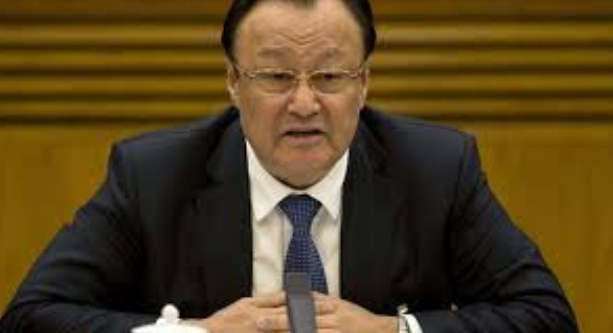Free Vocation Training is the newest program that China has planned to help save the ethnic minority Muslims from the lure of religious extremism.
The training involves teaching them to speak Mandarin and accept modern science, a senior Chinese official said in a report Tuesday, October 16, 2018.
According to the interview of Xinhua with Shohrat Zakir, governor of the far west Xinjiang region, he described the mass internment of Uighur and Kazakh Muslims as "free vocational training" that also gave people skills to work in factories.
Xinjiang, the tense northwestern region where most Uighurs live, has been enveloped, in recent years, in a vast dragnet of police surveillance that authorities insist is needed to root out separatism and Islamic extremism.
Furthermore, Tuesday's report was a rare public move by a senior Chinese official to feature the ruling Communist Party's vision of what the country's extrajudicial detention of an estimated 1 million ethnic minority Muslims is setting out to achieve.
Meanwhile, the report says that the Key to the party's vision was the need for the region's Central Asian ethnic groups to undergo an intensive assimilation in Chinese language, culture and history, and push them to adopt what the party considered a modern, civilized way of life.
The region's Turkic-speaking Uighurs (pronounced WEE-gurs) have long resented restrictions placed on their religious practices and complained of meeting widespread discrimination in jobs and access to passports.
Some specifics in Zakir's portrayal of the centers were at odds with accounts provided to The Associated Press by former detainees. They have described being held in camps where they were forced to recite party slogans and renounce their faith.
As an example of that, Zakir retold the story of Omir Bekali, a Xinjiang-born Kazakh citizen, who said that he was kept in a cell with 40 people inside a heavily guarded facility. Before meals, they were told to chant "Thank the Party! Thank the Motherland!" During daily mandatory classes, they were told that their people were backward before being "liberated" by the party in the 1950s.
Although Zakir painted a far different picture, saying that "trainees" were immersed in athletic and cultural activities. While they were previously mired in poverty, Zakir stated that the training put them on the path toward a "modern life" and made them "confident about the future."
The report comes as China has hype up its propaganda efforts to defend its measures in Xinjiang following growing criticism from Western countries and international human rights groups.
The new U.N. human rights chief, Michelle Bachelet, said last month that monitors should be allowed into the region, and calls have been made in the U.S. Congress for sanctions on some Chinese officials.








